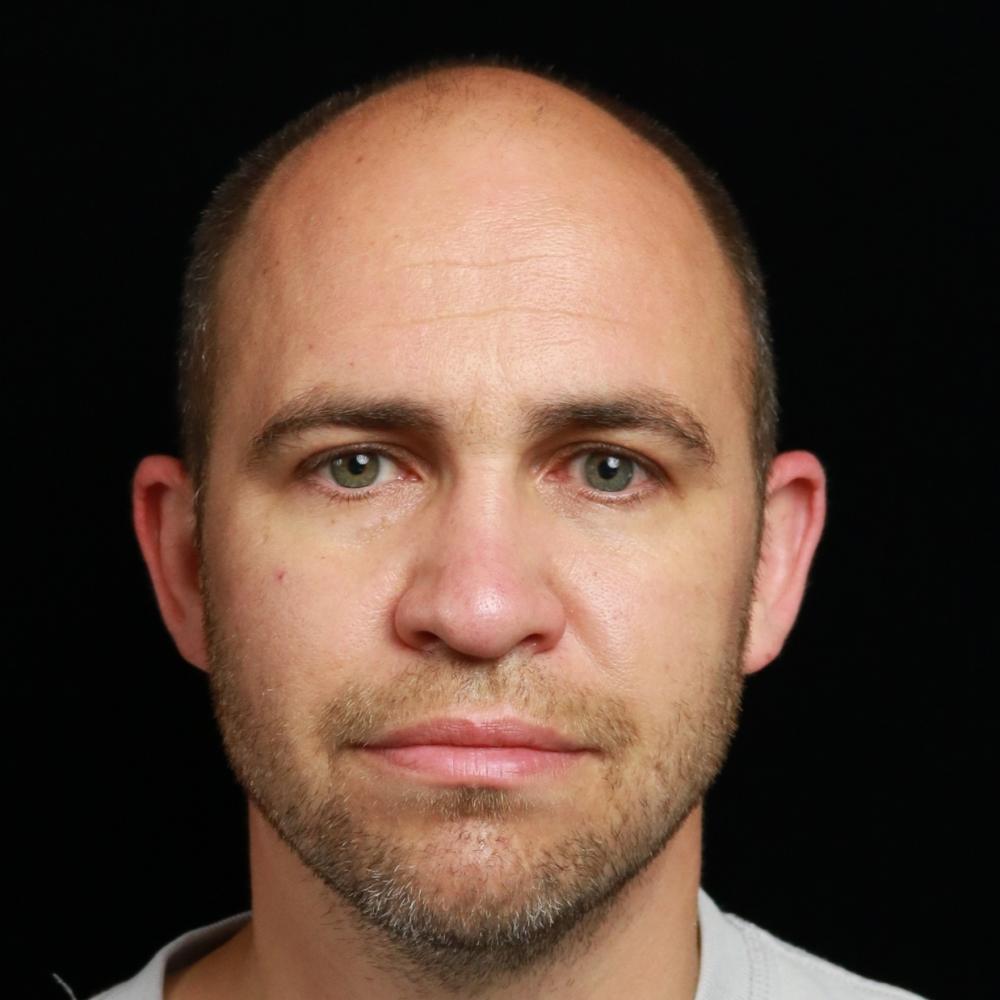How to increase your chances of landing a graduate job
When applying to a large company, students should research what the recruitment process will involve and tailor their application to align with the business’ values
Share
As the university year ends each summer, a new wave of graduates attempt to find jobs. An intense period for job hunting has been made more competitive by the pandemic and the difficulties faced by the classes of 2020 and 2021 in finding roles after university.
So how do you make yourself stand out from the crowd, with so many other candidates vying for the same jobs? Phill Thomas, senior programme manager, diversity, equity and inclusion at Amazon, has spent the best part of two decades working in recruitment, and has seen thousands of interview processes, both good and bad. Here are some tips from his years of screening candidates.
CVs: get to the point quickly
Don’t overcomplicate CVs with fancy design and bulging layouts. If you’re applying for a sales role, the recruiter isn’t looking for complicated graphic design or colour, so devote most of your efforts on the content. Recruiters are reading these to understand your experience and achievements relevant to the role, so these should be front and centre, and most importantly, concise.
They have to read through hundreds if not thousands of CVs, so getting to the point quickly is important. Make your CV relevant to the company and role you’re applying for, making small edits every time you apply for a different role. That includes making that sure you’re checking your spelling and grammar and that all sentences make sense.
Many companies, such as Amazon, value facts and figures, so be sure to quantify any achievements you’re proud of with concrete data.
Understanding the process
Most large corporate graduate schemes will have multiple stages to the interview process. Once the CV has been screened, there are usually interviews, and sometimes assessment centres. Part of your preparation should be to find out exactly what each company will be asking of you.
For international students, the latter will need to be discussed with the recruitment team – do they expect you to travel and is that viable? Will you need a visa to work, and is getting one straightforward? Is there a local network in place that can help you with settling if you need to move?
Large companies often have employee resource groups (ERGs), or affinity groups, and these can be a way to meet like-minded employees and provide a support network for wherever you move. Reaching out to employees on LinkedIn can be helpful too, to try to get a feel for where you’re moving to.
Once you are clear on each stage, you can then begin to prepare accordingly, and you’ll feel more confident that there will be no hidden surprises in the process. HR and recruitment teams will be more than happy to help with any questions, just reach out and ask!
Interview prep: the STAR method
Interviews are one of the most common aspects of a recruitment process, from graduate level right the way up to the top of a company. Ample preparation is the tried and tested method to give yourself the best chance to make these go well. Recruiters aren’t trying to catch you out in these sessions, but will ask questions to see if you have the right skill set or could develop other skills.
Read the job description then review your CV again; when replying to recruiters’ questions, be sure to detail the skills you have that are relevant to the position. One technique to answer using the STAR method: situation, task, action, result. This will give you the best framework for providing evidence to back up what you have done, or show what you can offer. Practise your answers to questions as best you can, using friends or family for mock interviews if possible.
Cultural fit: find synergies
These interviews also work to assess the cultural fit. You should read the organisation’s website, explore its social media posts, and take careful notice of mission statements or other statements of company culture. This works both ways: you want to show that you can be a good fit, but the process can also help you decide if this role is the one for you.
Be authentic
Finally, be yourself. It’s natural and understandable to be nervous, but try to show your natural personality in interviews. This will help with understanding the cultural fit for you and the company, and it can be draining and counterproductive to act like something you’re not.
With the variety of companies and graduate offerings out there, it can be easy to feel overwhelmed. They call it the interview process for a reason – it can take a while.
But remember, practise makes perfect, and every setback is another opportunity to improve for next time. If you put in the effort and prepare well, there’s no reason you can’t land your dream role.

